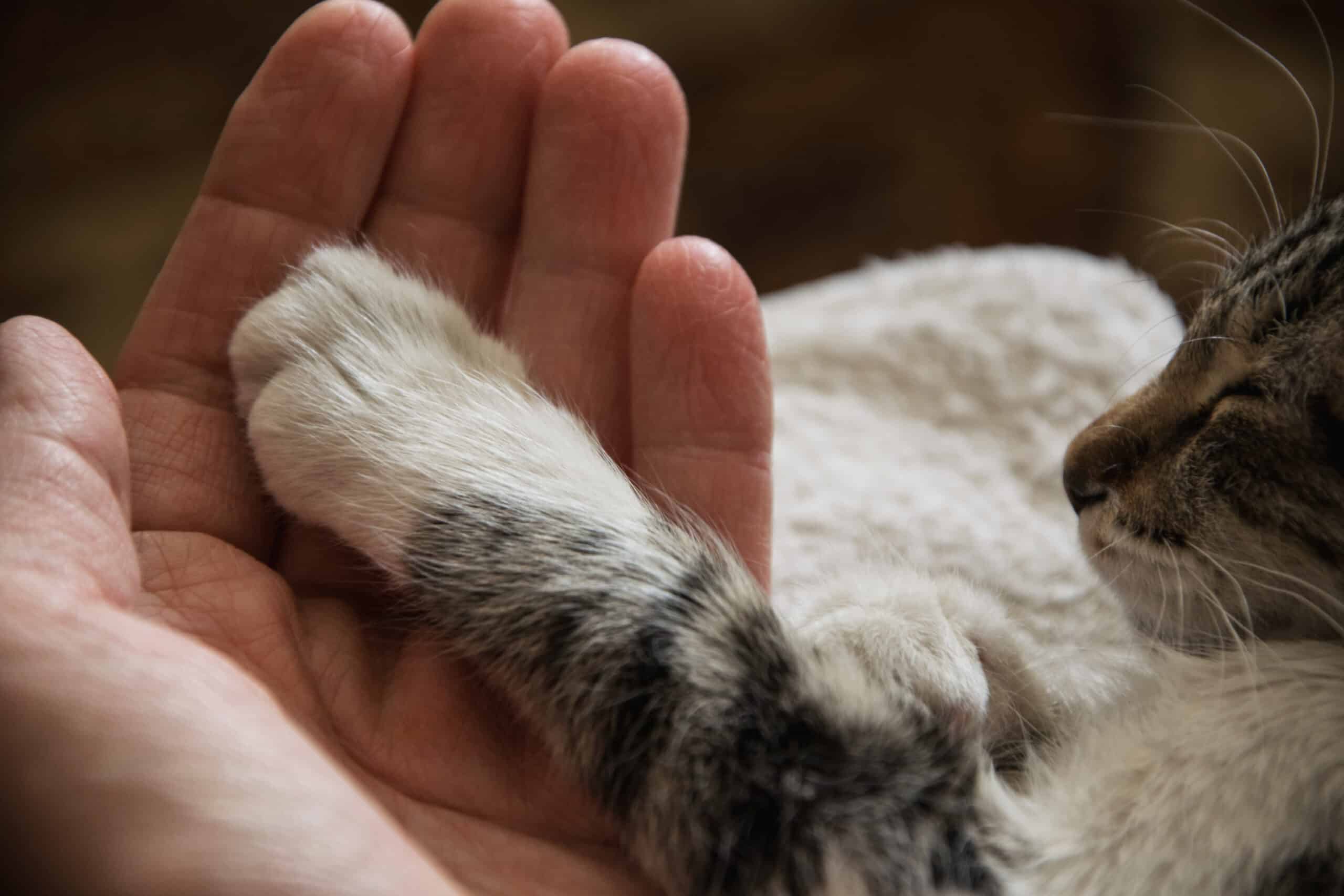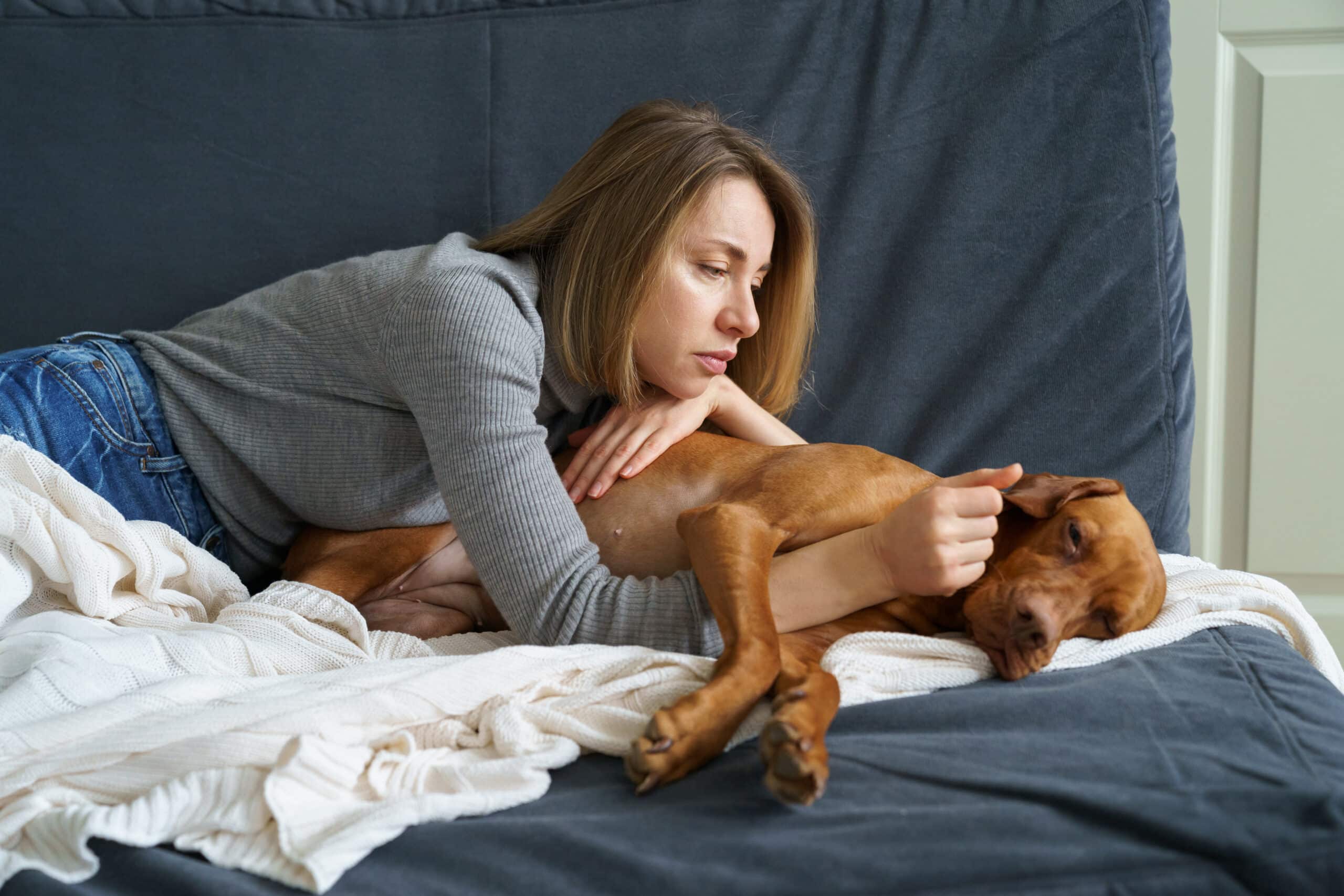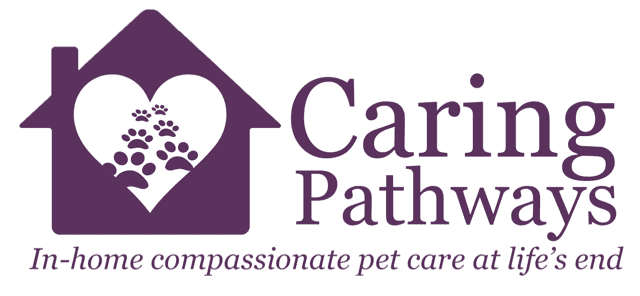As a veterinarian working in end-of-life care I often hear the phrase, “I wish my pet would just pass in their sleep.” While we all hope for a quick, peaceful, painless death for our beloved dogs and cats, it is not always the case when it comes to natural death. This is not to say that having a peaceful and painless death is impossible, but dying is a process that varies with each and every pet. The degree of discomfort, nausea, and other symptoms all depend on the underlying disease process(es) and the order in which the organs and body begin to shut down. Dying can take minutes, and more commonly hours or days.
Understanding Euthanasia
With euthanasia, we are able to provide our companions a peaceful passing in their sleep. Did you know the word “euthanasia” comes from the Greek words “eu” (good) and “thanatos” (death)? The idea is that instead of condemning a patient to a slow, painful, or undignified death, euthanasia would allow the patient to experience a relatively “good death.” (source: University of Missouri School of Medicine)

Reducing Pain and Stress at Home
I am frequently asked if pets experience pain when euthanized. During our in-home appointments, we strive to reduce any pain and stress as much as possible. We often give a combination of strong pain medications and sedatives (or anesthetics) underneath the skin, or gently into the muscle using a very small needle. If a patient is still eating, we often distract them with tasty treats. This first combination of medications helps relieve any pain, discomfort, or stress the pet may be experiencing from their illness. This injection is the only part of the entire process pets will potentially feel and from that point on they welcome a deep, pain-free sleep. Once a deep sleep is achieved, a second medication is administered. This injection is a large overdose of a barbiturate medication which has anesthetic properties. It will induce an even deeper sleep before causing a rapid, painless death.
A Final Act of Love and Kindness
In veterinary end of life care, we often describe euthanasia as the final act of love and kindness for our companion animals. Allowing them to pass peacefully in their sleep in the comfort of their home is a gift. As an end of life care provider, it is both an honor and a privilege to be able to support families and their beloved companion animals through this final chapter.
Helpful Resources
- Complete our Pathway to Care Assessment to better understand which Caring Pathways service might be best for your pet.
- Learn more about In-Home Pet Euthanasia
- How do I know if my pet is in pain?

